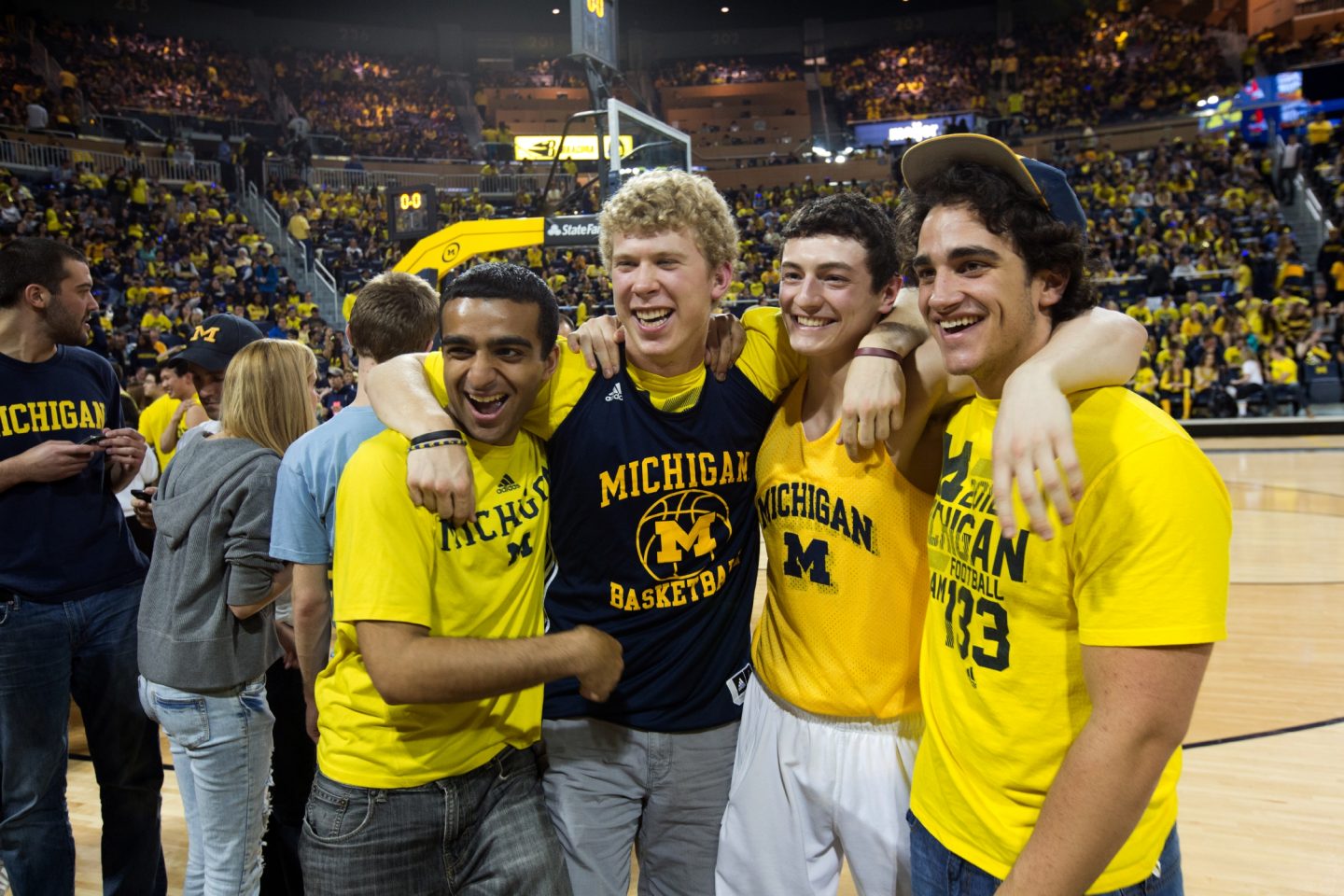Read the original story on MichiganRadio.org:
By Virginia Gordan</strong>
A pilot program to help student-athletes cope with mental health problems is under way at the University of Michigan.
Daniel Eisenberg, associate professor at the U of M School of Public Health, is responsible for evaluating the program’s effectiveness. He said the program aims to educate student-athletes about mental health issues – and to reduce the stigma of getting help.
“We found in our data that it’s about one out of three college students who at any given time are experiencing a significant mental health issue, like a depression or anxiety disorders,” Eisenberg said, adding that only about 10% of student-athletes with these symptoms seek help, compared with 30% of students overall.
Barb Hansen, a counselor in the University’s Athletic Department, said student-athletes can be deterred by fear of negative judgment from their coaches or teammates or by the misguided view that they should tough it out alone. “Our real hope is that mental health issues begin to be talked about like any other injury or illness – that this is just part of what some people experience in life,” she said.



